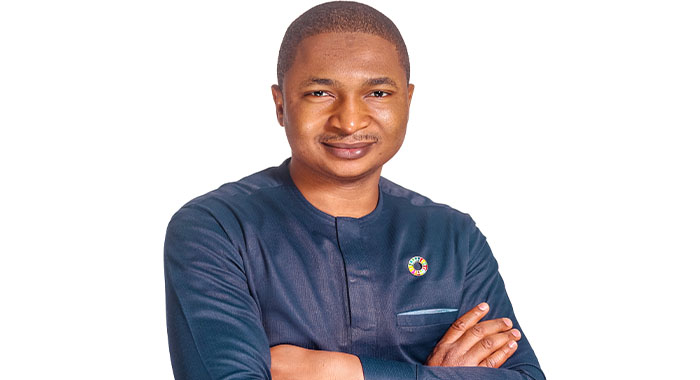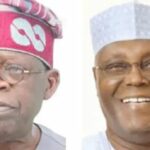
The Chief Executive Officer of CODE, Hamzat Lawal, who raised the alarm, said he got the information from the organisation’s 20,000 community-driven observers on the ground.
Lawal alleged that the rigging technique involved slow uploading of results on the INEC result portal, relocation of state collation centres without adequate information to stakeholders, outright denial of accredited observers access to new locations as well as issues of elections not holding in some local government areas but results being collated amongst others.
According to him, the criminal acts threaten the credibility of this election, and would make it possible for many people to accept the results to be announced by the Independent National Electoral Commission, INEC.
He said, “Connected Development and its partners are at this moment calling the Independent National Electoral Commission to indeed be independent and serve the people the constitution has mandated it to serve.
“With 20,000 community-driven observers on the ground, CODE and its partners, using our Electoral Intelligence tool, Uzabe have noticed a worrisome trend across the nation that points to the gaps and unpreparedness within the structure of the electoral process which is threatening the credibility of this election.
“We have several reports indicating that States like Ekiti, Cross River, Imo, and Rivers State have had their Local Government Area (LGA) collation centers relocated without adequate information to stakeholders.
“In Ekiti especially, we have it on good authority that all LGA collation centres were relocated, and in most cases, accredited observers were outrightly denied access and new locations were shrouded in secrecy.
“We have seen issues of elections not holding in some local government areas and results are being collated.
“This happened in Oru East, Imo State, where our observers confirmed that no election was held and in fact, some voters were asked to vote in a private residential building of a party chieftain, which is clearly against INEC guidelines and the electoral act. Yet we have results from that LGA. This is an indictment on INEC and all that our constitution stands for.
“There is still a growing number of reports that several polling units opened polls very late and ended the process of voting while voters were still in the queue, citing nightfall as the reason, thereby disenfranchising thousands of voters across various polling units.
“The INEC 2023 election guidelines state that voting till the last person on the queue votes but this was clearly not adhered to.
“We also noted that in many polling stations, BVAS were reported to be malfunctioning and observers even recorded a shortage of necessary materials.
“We are very concerned about the slow upload of results on the INEC result portal. At this point, the result portal has only 40,000 polling units results.
“This is more disturbing as we are aware that INEC created over 50,000 new polling units with less than 100 registered voters in each of them, and elections was since concluded in all these polling units at 2:30pm yesterday and one would expect that by midnight of yesterday, all this polling units results should have been uploaded.
“This expectation is coming from the experience we observed in the Ekiti and Osun Gubernatorial elections, where we witnessed over 95 percent of the results uploaded before midnight on election day.
“Nigerians deserve efficiency, they deserve fairness, with people denying themselves sleep and keeping wake under the rain, Nigerians deserve better from public institutions.
“Therefore we are calling on INEC to address these issues immediately. We are also calling on the Nigerian police as the lead agency on election security to monitor.
“Joint security forces deployed for this election have done well and are already stretched.
“Lack of adequate information, access to independent observers and strict adherence to the electoral act of 2022 and the INEC’s guidelines will cause apprehension, a trust deficit that might lead to civil unrest and rejection of the overall outcome, and should be addressed immediately by the INEC chairman.”





